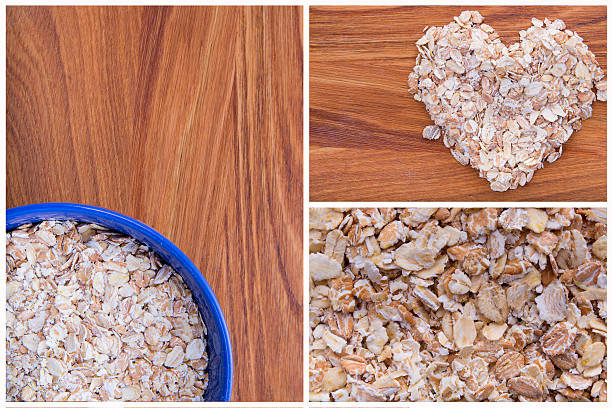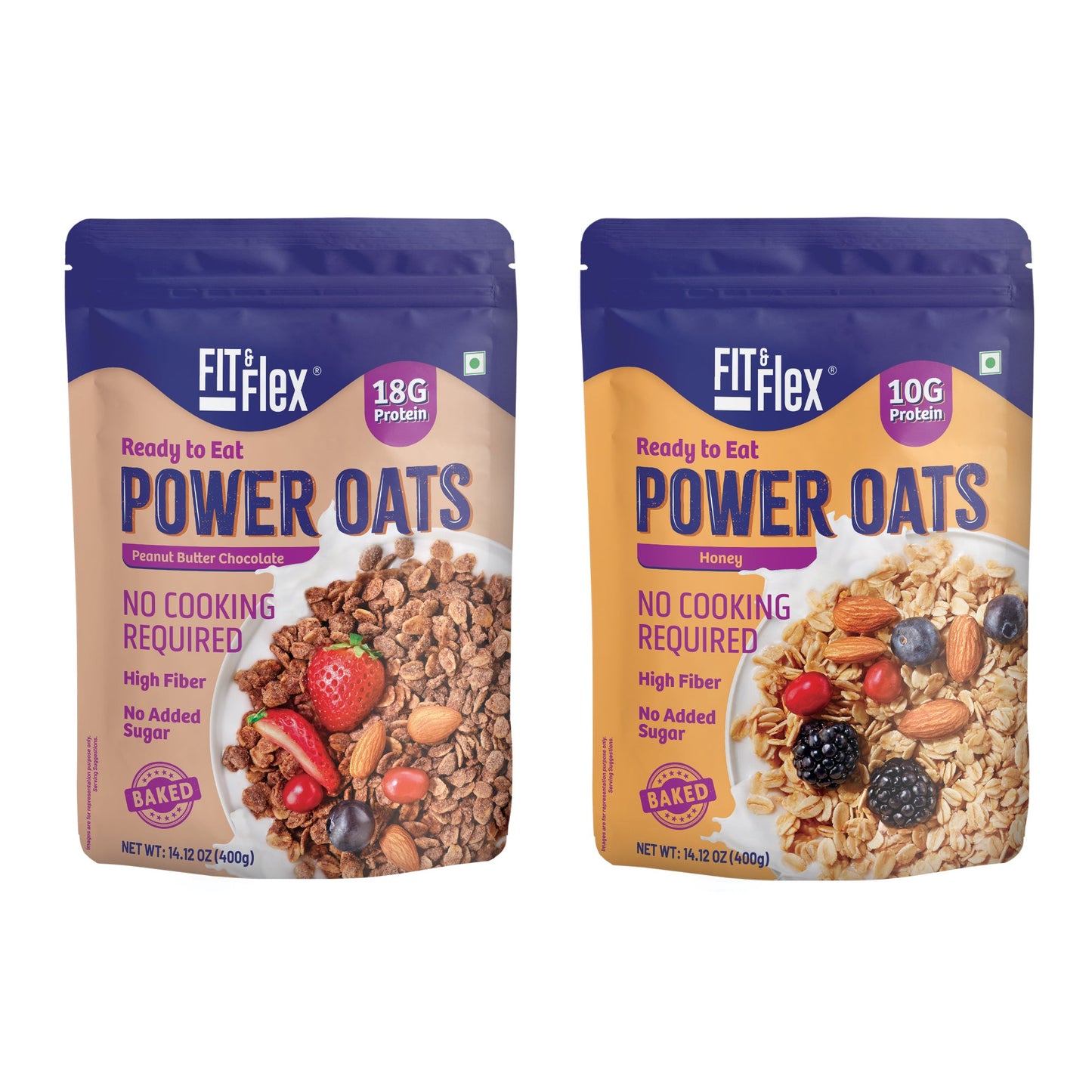Granola Through the Ages: A Historical Perspective

Granola, a beloved breakfast staple, has a rich history that dates back to the 19th century. Its evolution is a fascinating journey that reflects broader changes in health trends, culinary practices, and cultural preferences. Let’s take a historical journey through the ages of granola.
The Birth of Granola
Granola's origins can be traced back to the late 1800s when Dr. James Caleb Jackson, a nutritionist and health reformer, created the first iteration of granola. He named it "granula," which was a mix of graham flour and baked until it was crispy. This early version was intended to be a health food, promoting better digestion and overall wellness.
The Granola Revival in the 1960s and 1970s
Granola experienced a resurgence in popularity during the 1960s and 1970s, a time when natural foods and health consciousness were on the rise. This period saw granola being embraced by the counterculture movement, who valued it for its wholesomeness and simplicity. Homemade granola recipes proliferated, featuring rolled oats, honey, nuts, and dried fruits.
Commercialization and Modern Granola
By the late 20th century, granola had firmly established itself in mainstream culture. Commercial brands began producing and marketing granola as a convenient and healthy breakfast option. Innovations in flavor and ingredients expanded, leading to a wide variety of granola products available on the market. This era also saw the introduction of granola bars, making granola even more accessible as an on-the-go snack.
Granola in the 21st Century
Today, granola continues to evolve, adapting to contemporary dietary trends and preferences. There is a significant emphasis on organic, gluten-free, and vegan options to cater to diverse consumer needs. Brands like Fit & Flex have introduced exciting flavors such as Mango Coconut Crunchy Granola, combining traditional elements with modern tastes. These new varieties reflect the ongoing innovation in the granola industry, ensuring it remains a beloved staple in many households.
FAQs:
1. Who invented granola?
Granola was first invented by Dr. James Caleb Jackson in the late 1800s. He called it "granula."
2. What was the original granola made of?
The original granula was made from graham flour that was baked until crispy.
3. Why did granola become popular in the 1960s and 1970s?
Granola became popular during this period due to the rise of the health food movement and counterculture values that emphasized natural and wholesome foods.
4. What changes occurred in granola production in the late 20th century?
Granola became widely commercialized, with various brands producing and marketing it as a convenient and healthy breakfast option. This era also saw the introduction of granola bars.
5. How has granola adapted to modern dietary trends?
Modern granola often includes organic, gluten-free, and vegan options to meet contemporary dietary preferences. New flavors and ingredient combinations have also been introduced.
6. What are some modern flavors of granola?
Modern flavors include innovative combinations like Mango Coconut Crunchy Granola, reflecting the ongoing evolution in the granola industry.
7. Is granola still considered a health food?
Yes, granola is still considered a nutritious option, especially when it contains whole grains, nuts, seeds, and dried fruits. However, it's important to watch for added sugars in some commercial varieties.
8. How can granola be enjoyed beyond breakfast?
Granola can be used as a topping for yogurt, salads, or desserts, incorporated into baking recipes like muffins and cookies, or eaten as a snack on its own.
9. What makes granola a versatile food choice?
Granola’s versatility comes from its ability to be customized with various ingredients and flavors, making it suitable for different meals and dietary preferences.
Conclusion
Granola's journey from its humble beginnings as a health food in the 19th century to its current status as a versatile and popular breakfast option is a testament to its enduring appeal. Each era has contributed to the development and refinement of granola, making it a nutritious and delicious choice for people of all ages. As we continue to embrace new flavors and ingredients, the rich history of granola serves as a reminder of its timeless benefits and versatility. Enjoy the evolution of granola in your next meal, whether it’s a traditional bowl for breakfast or a modern twist like the Mango Coconut Crunchy Granola.




